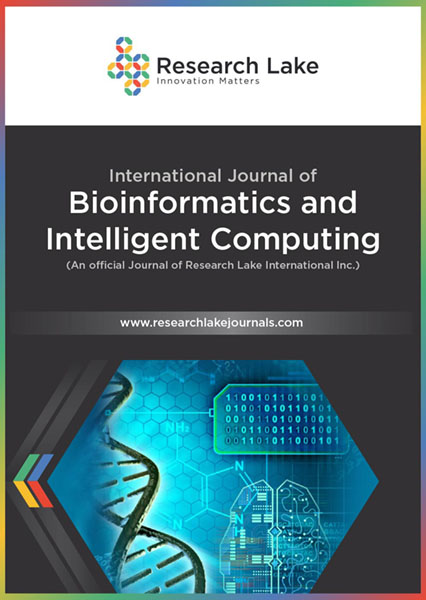A Study on Repurposing of Antibiotic Drugs for Human MMPs Enzyme: A Possible Hope for Arthritis Drug
Abstract
Arthritis is a prevalent condition that primarily affects elderly individuals, especially women. Matrix Metallo proteinases (MMPs), specifically types 1,2,3,9 and 13 are key players in the progression of arthritis and represent promising drug targets for treatment. Despite this, there is a significant gap in research aimed at targeting human MMPs (hMMPs) with therapeutic agents. This computational study confidently proposes the repurposing of existing twenty antibiotic drugs to combat hMMPs 1,2,3,9 and 13. Through comprehensive molecular docking analysis, four critical binding sites (BS): BS1 (catalytic Zn2+ ion), BS2 (R2 site), BS3 (R3 site), and BS4 (R4 site) are investigated. Computational studies reveal that the leading candidates—(i) Tedizolid, (ii) Ceftobiprole, (iii) Mupirocin, and (iv) Delafloxacin—exhibit strong binding affinities based on both binding energy and average binding energy. Given the current lack of experimental data, present study assert that Tedizolid, Ceftobiprole, and Mupirocin are highly promising options for arthritis treatment due to their robust interactions with specific hMMP binding sites. Delafloxacin, with its favorable QSAR and ADMET properties, also demands further investigation. In summary, these four antibiotic drugs present excellent opportunities for advancing experimental and pre-clinical studies aimed at developing effective treatments for arthritis.
Copyright (c) 2025 Hridoy Ranjan Bairagya, Deotima Chakraborty

This work is licensed under a Creative Commons Attribution-NonCommercial 4.0 International License.
Copyright © by the authors; licensee Research Lake International Inc., Canada. This open-access article is distributed under the terms of the Creative Commons Attribution Non-Commercial License (CC BY-NC) (http://creative-commons.org/licenses/by-nc/4.0/).




















